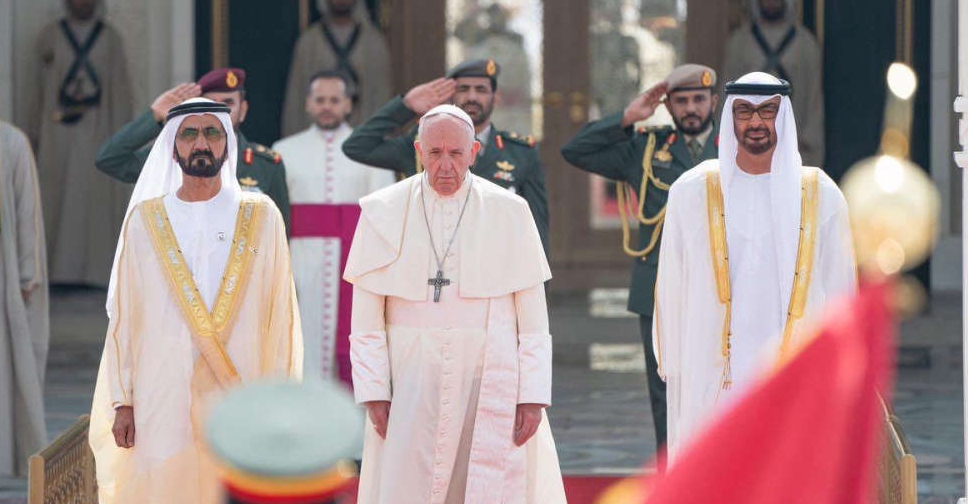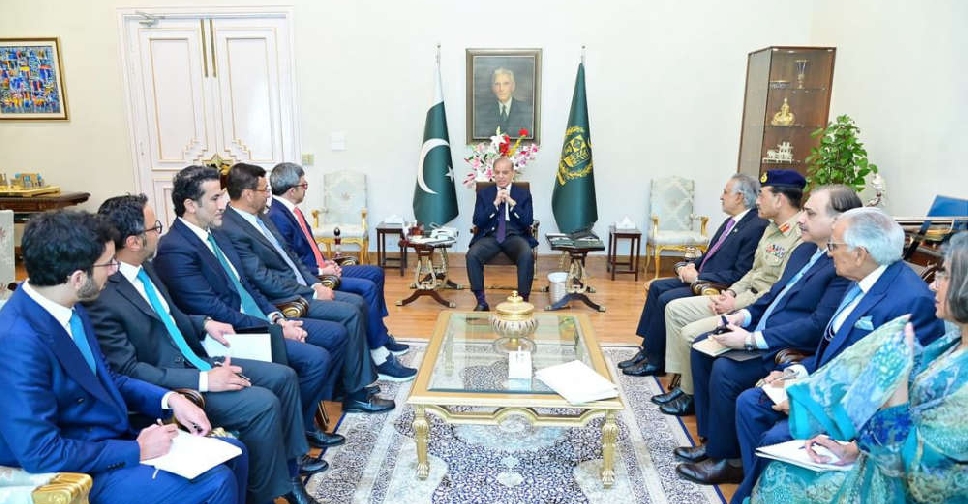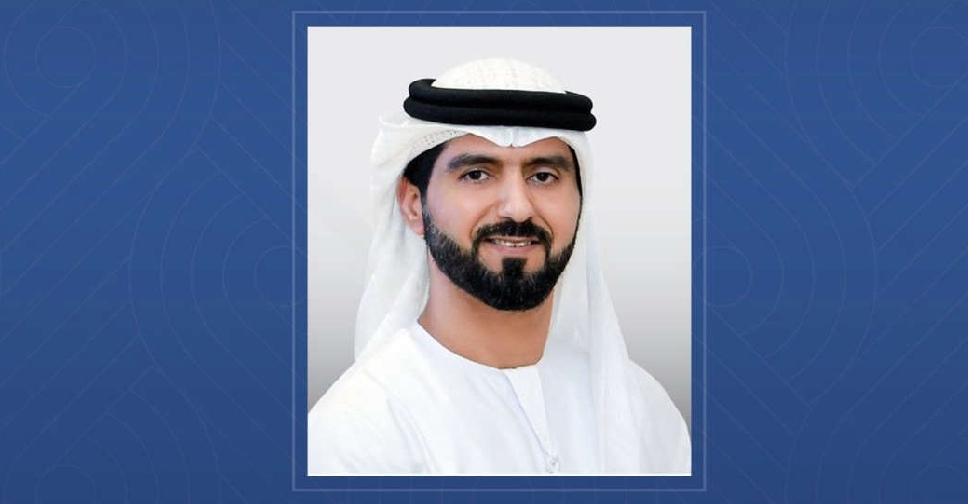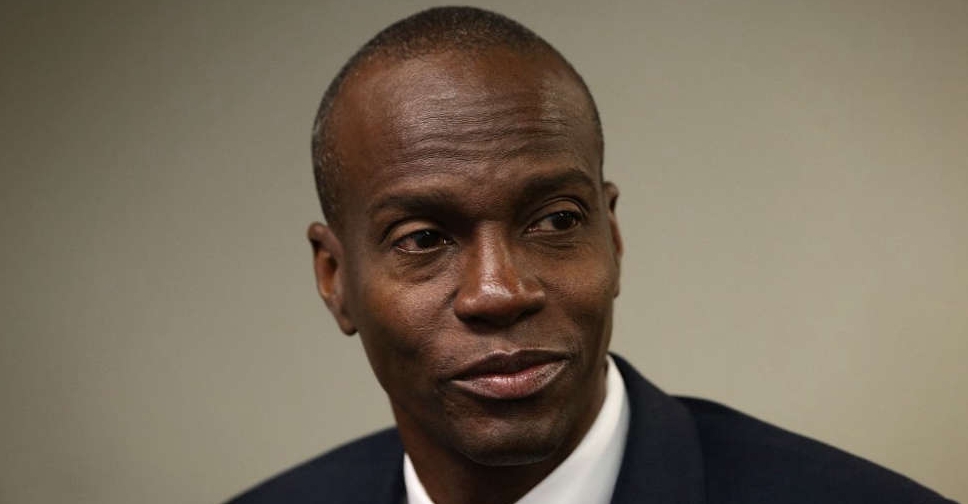
Haitian President Jovenel Moise has been shot dead by unidentified attackers in his private residence.
Interim Prime Minister Claude Joseph said in televised remarks after chairing a cabinet meeting that the government had declared a state of emergency amid confusion over who would take over the reins of the country.
"My compatriots, remain calm because the situation is under control," he said.
The 53-year-old president's wife, Martine Moise, was also shot in the attack at around 1:00 am local time (0500 GMT) at the couple's home in the hills above Port-au-Prince, Joseph said in a statement. She was receiving medical treatment.
"A group of unidentified individuals, some of them speaking Spanish, attacked the private residence of the president of the republic and thus fatally wounded the head of state,” he said.
Joseph said the police and army had the security situation under control.
The streets of the usually bustling capital of 1 million people were quiet and empty on Wednesday morning after the attack and intermittent gunfire overnight.
"All measures are being taken to guarantee the continuity of the state and to protect the nation," Joseph said.
But with Haiti politically polarized and facing growing hunger, fears of a breakdown in order are spreading.
The Dominican Republic said it was closing the border it shares with Haiti on the Caribbean island of Hispaniola.
Leaders worldwide condemned the attack and appealed for calm. The United States described it as a "horrific crime" while Colombian President Ivan Duque called upon the Organisation of American States to dispatch a mission to Haiti to "guarantee democratic order".
It was unclear who would succeed Moise as president. He had appointed a new prime minister this week who has yet to be sworn in.
The head of the Supreme Court of Justice - another contender for the job, according to the constitution - died last month of COVID-19 and has yet to be replaced.
Moise faced fierce protests after taking office as president in 2017, with the opposition accusing him this year of seeking to install a dictatorship by overstaying his mandate and becoming more authoritarian - charges he denied.
Moise had ruled by decree for more than a year after the country failed to hold legislative elections and wanted to push through a controversial constitutional reform.


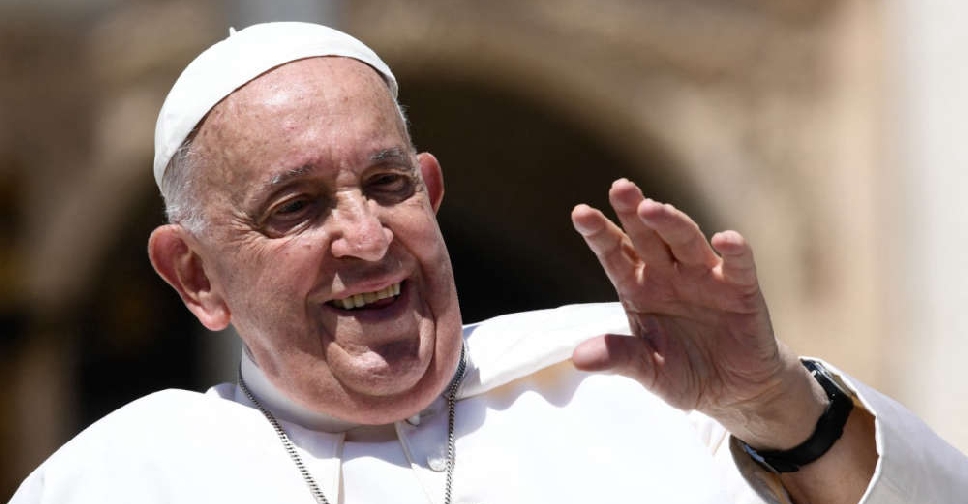 Pope Francis dies aged 88, Vatican says
Pope Francis dies aged 88, Vatican says
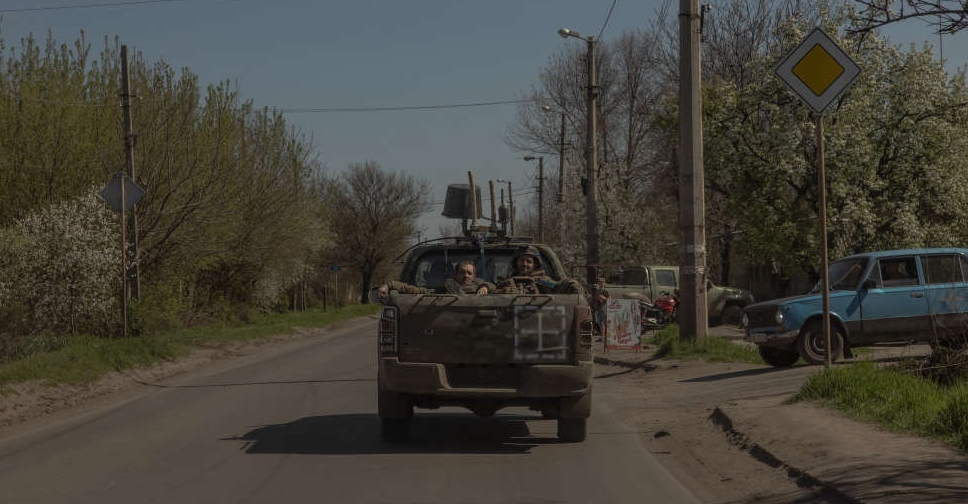 Half of Ukraine under air raid alerts hours after Russia ceasefire ends
Half of Ukraine under air raid alerts hours after Russia ceasefire ends
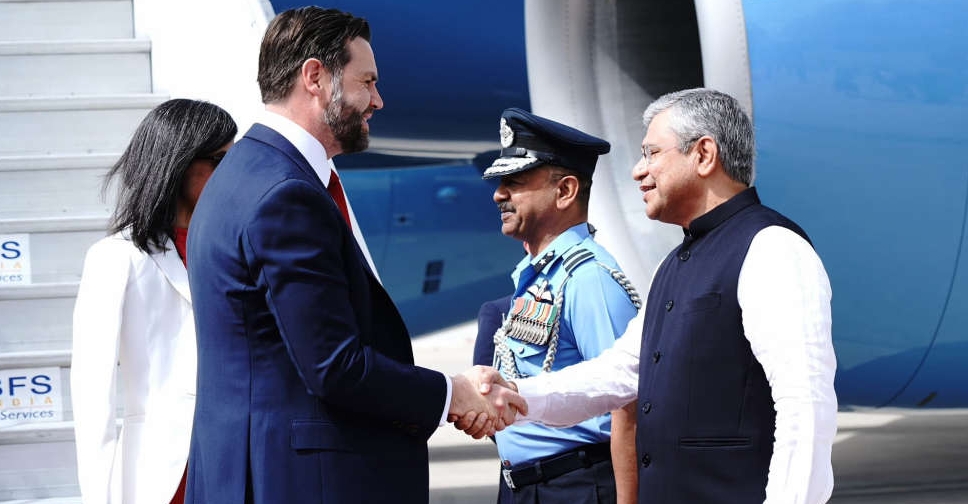 Vance arrives in India, to hold talks with Modi under US tariffs shadow
Vance arrives in India, to hold talks with Modi under US tariffs shadow
 Israel's military finds 'professional failures' in killings of Gaza medics
Israel's military finds 'professional failures' in killings of Gaza medics
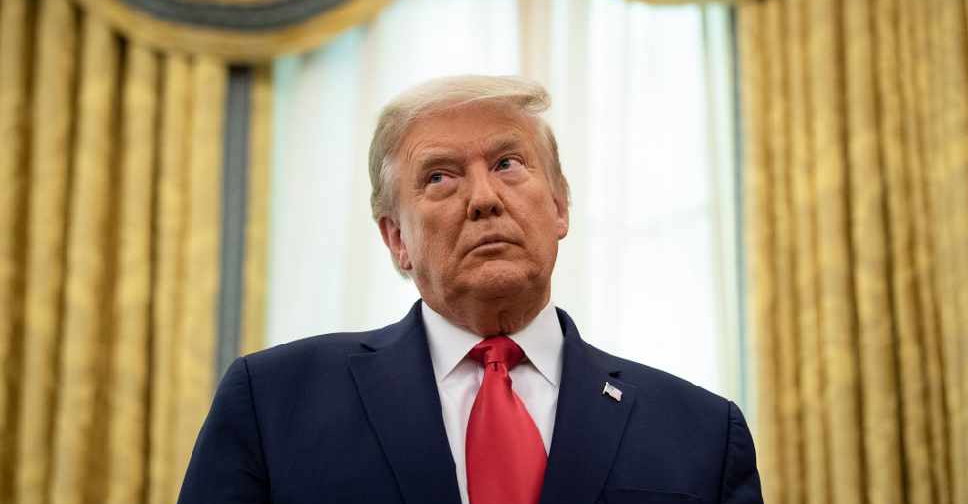 Trump threatens to cut another $1 billion in Harvard funding, WSJ reports
Trump threatens to cut another $1 billion in Harvard funding, WSJ reports

